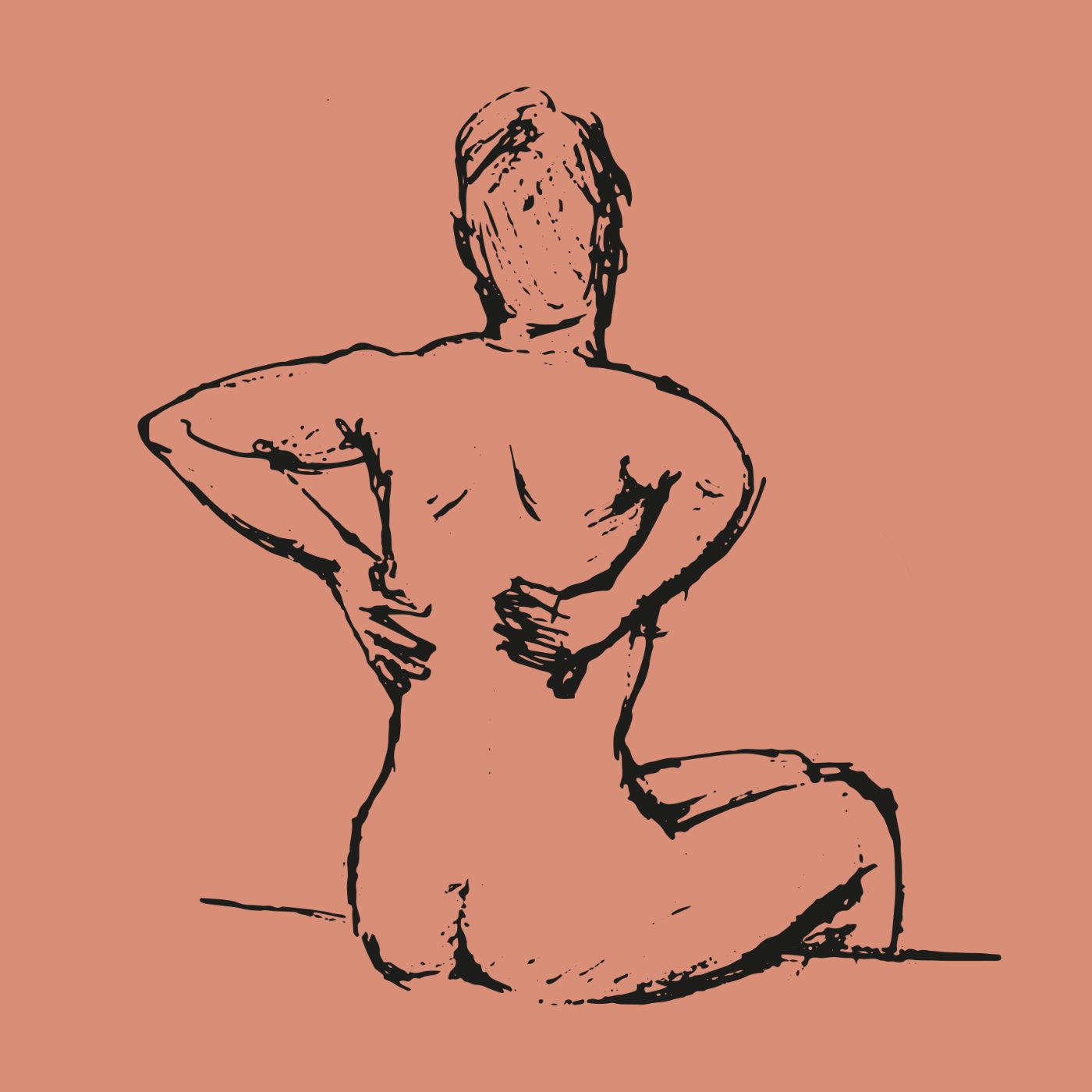Table of Contents
Table of Content
Sleep plays a vital role in our lives, but many take it for granted. This mysterious state that claims nearly a third of our time serves countless essential functions for our minds and bodies.
Recent scientific discoveries have revealed fascinating insights into why we sleep and what happens in our brains during those quiet hours.
From cleaning out toxic proteins to strengthening memories, sleep performs complex maintenance that can't happen while we're awake.
Yet, especially with how ridiculously fast life is becoming, many people view sleep as an inconvenience or a luxury they can't afford. This attitude comes at a cost: poor sleep affects everything from our ability to think clearly to our physical and emotional well-being.
In this article, we'll explore sleep science, including what happens in your brain during different sleep stages, why quality sleep matters so much for your health, and how natural solutions like CBD can help you get the rest you need.
What Is Sleep?
Sleep is a natural and essential part of our daily lives, but it's far more complex than simply closing our eyes and losing consciousness. When you sleep, your body enters an active state of restoration, not just a passive shutdown, as many believe.
Let’s Put Some Science Into This
Scientists define sleep as a recurring period when your brain becomes less responsive to outside signals while staying highly active inside.
During sleep, your brain cells fire in organised patterns that differ completely from your waking patterns. These patterns control important processes that no other state can provide.
A groundbreaking study from the University of Chicago showed just how crucial sleep is for human survival. In 1964, a high school student named Randy Gardner tried to stay awake for 11 days straight.
After just three days without sleep, he started hallucinating. His brain couldn't process basic information, his speech was slurred, and his memory failed. This experiment proved that humans simply cannot function without sleep.
But How Does Your Body Tell You That You're Sleepy?

Your body knows when to sleep through two main systems. The first is your circadian rhythm, an internal clock that makes you feel alert or sleepy based on daylight.
The second is sleep pressure, which builds up in your brain the longer you stay awake. These systems work together to regulate your sleep patterns.
Sleep serves many vital functions. It cleans toxic waste from your brain, strengthens memories, repairs muscles, and boosts your immune system.
Recent research shows that during sleep, your brain cells shrink slightly, creating spaces that allow fluid to flow and wash away harmful proteins that build up during the day.
Every animal needs sleep, from tiny fruit flies to massive elephants. Even jellyfish, which don't have a brain, show sleep-like states. This universal need for sleep across all animals proves its fundamental importance for life.
Understanding sleep helps us grasp why we spend nearly a third of our lives doing it. It's not a waste of time but a much-needed renewal period that keeps our bodies and minds working properly.
When we fail to get enough sleep, every system in our body suffers, from our ability to think clearly to our body's power to fight off illness.
Why Is Sleep Important?

1. Brain Health and Memory Formation
Your brain uses sleep time to sort through the day's experiences. During sleep, it strengthens important memories while removing unnecessary information.
Scientists discovered that people who sleep after learning new skills perform 20-40% better than those who don't.
2. Physical Restoration and Muscle Growth
Sleep gives your body dedicated time for repair and growth. Your muscles rebuild themselves, damaged tissues heal, and growth hormones peak.
Research shows that athletes who get quality sleep have faster reaction times and better physical performance. Your body can only do this intensive repair work during specific sleep stages when it's not busy with other tasks.
3. Immune System Strength
Sleep supercharges your immune system. A good night’s sleep increases your body's production of protective cells that fight off infections.
Studies found that people who sleep less than 5 hours are four times more likely to catch a cold than those who sleep 7 hours or more. Your immune system depends on how much sleep you get to maintain its defence against illness.
4. Emotional Balance and Mental Health
Sleep plays a vital role in emotional processing. Your brain processes difficult experiences and resets stress hormones during sleep.
Research at UC Berkeley found that sleep-deprived brains show 60% more reaction to negative experiences. Regular sleep helps you maintain emotional stability and cope better with daily challenges.
Related: Effects of CBD Oil on Stress
5. Heart Protection and Blood Sugar Control
Your cardiovascular system relies on sleep for maintenance. Blood pressure naturally drops during sleep, giving your heart essential rest.
Studies from the Sleep Foundation show that people who sleep less than 6 hours face a 20% higher risk of heart attacks. Sleep also helps control blood sugar levels, reducing the risk of diabetes and weight gain.
6. Weight Management and Appetite Control
Sleep regulates hormones that control hunger and fullness. Missing sleep increases ghrelin, the hunger hormone while decreasing leptin, which signals fullness.
Research shows that sleep-deprived people consume an average of 385 more calories per day. Regular sleep helps maintain a healthy weight by keeping these appetite signals balanced.
7. Cellular Repair and Disease Prevention
Every cell in your body uses sleep time for maintenance and repair. Scientists found that a single night of poor sleep affects the activity of over 700 genes.
Good sleep allows cells to fix DNA damage, replace worn-out parts, and maintain healthy function. This ongoing repair helps prevent various diseases and slows the ageing process.
Stages of Sleep
 Sleep follows a predictable pattern throughout the night. Your brain and body move through several distinct stages, each serving important functions for your health and well-being.
Sleep follows a predictable pattern throughout the night. Your brain and body move through several distinct stages, each serving important functions for your health and well-being.
Non-Rapid Eye Movement (NREM) Sleep
NREM sleep fills most of your night, taking up about 75% of your sleep time. Your body uses NREM sleep stages to restore physical energy and repair tissues.
Stage 1: The Gateway to Sleep
In Stage 1, you drift between wakefulness and sleep. Your brain waves start slowing down from their daytime patterns. Your breathing becomes more regular, and your muscles gradually relax.
Many people experience sudden muscle jerks or a falling sensation during this stage. Stage 1 usually lasts only a few minutes.
Stage 2: Sleep Settles In
Stage 2 marks the beginning of true sleep. Your brain creates short bursts of electrical activity called sleep spindles.
These spindles help process new information and create memories. Your heart rate slows, your body temperature drops and your brain waves become slower with occasional quick bursts. You spend about half your night in Stage 2 sleep.
Stage 3: Deep Sleep
Stage 3 brings the deepest sleep of the night. Scientists call this slow-wave sleep because your brain waves become very slow and powerful.
Your blood pressure drops, your muscles relax completely, and your body focuses entirely on physical restoration.
This stage repairs muscles strengthens your immune system and supports bone growth. Young people spend more time in deep sleep than older adults.
Rapid Eye Movement (REM) Sleep
REM sleep stands apart from the other stages. Your brain becomes highly active, almost like when you're awake.
Your eyes dart back and forth rapidly under your closed eyelids, giving this stage its name. Most vivid dreams happen during REM sleep.
Your major muscles become temporarily paralysed to prevent you from acting out these dreams.
Sleep Cycles Through the Night
Your brain cycles through these stages about every 90 minutes. Each cycle starts with NREM sleep and ends with REM sleep. Early in the night, you spend more time in deep sleep.
As morning approaches, REM sleep periods get longer. A full night of quality sleep includes 4-6 complete cycles.
What Happens If You Don't Sleep Well?

1. Mental Performance Crashes
Missing sleep makes your brain work much slower. After just one night of poor sleep, you'll struggle to focus, solve problems, or remember simple things.
Studies show that staying awake for 18 hours straight makes you perform as poorly as someone legally drunk.
Students who pull all-nighters score lower on tests, and workers make more mistakes when they come to work after sleep deprivation.
2. Physical Health Suffers
Your body needs sleep to maintain basic functions. Without proper rest, your immune system weakens, making you more likely to catch colds and infections.
Your metabolism slows down, and your body struggles to control blood sugar levels. People who regularly miss sleep often gain weight because lack of sleep disrupts hunger hormones and makes them crave unhealthy foods.
3. Emotional Control Breaks Down
Sleep loss hits your emotional brain hard. Small problems feel overwhelming, and normal stress becomes harder to handle.
Research shows that people who don't get enough sleep experience more anxiety and irritability. Your brain's emotional centre becomes overactive without sleep, making it difficult to control your reactions or think clearly under pressure.
Related: How to Choose the Best CBD Oil for Anxiety?
4. Heart and Blood Pressure Rise
Missing sleep forces your heart to work harder. Your blood pressure stays elevated when you should be getting natural drops during sleep.
Studies reveal that people who regularly sleep less than six hours face a much higher risk of heart problems. The extra strain on your cardiovascular system can lead to serious health issues.
5. Long-term Brain Changes
Chronic sleep loss can permanently affect your brain. Scientists found that people who consistently miss sleep show signs of brain tissue loss.
The parts of your brain that control attention and decision-making shrink when you don't maintain a regular sleep-wake cycle. This damage accumulates over time and becomes harder to reverse the longer you go without proper sleep.
The solution isn't complicated, but it requires commitment. Most adults need 7-9 hours of good quality sleep each night.
How to Improve Your Sleep Using CBD?

CBD (cannabidiol) offers promise for people who struggle with sleep problems. This natural compound comes from the cannabis plant but doesn't cause any intoxicating effects.
The Science Behind CBD
The science behind CBD and sleep show interesting results. CBD interacts with your body's endocannabinoid system, which helps regulate many functions, including your sleep cycle.
CBD may help you achieve better sleep duration by addressing underlying issues that often disrupt sleep.
How CBD Affects Your Sleep-Wake Balance
Your body maintains a delicate balance between being awake and asleep. Stress, anxiety, and physical discomfort can upset this balance and lead to poor sleep hygiene.
CBD may help restore this balance. Sleep studies show it reduces anxiety and physical discomfort, making relaxing and maintaining healthy sleep patterns easier.
Research and Evidence
Recent sleep studies revealed that CBD might help people who experience light sleep or frequent wake-ups at night.
The research found that participants who took CBD reported falling asleep faster and staying longer. Some studies even suggest CBD might help with conditions like sleep apnea, though more research is needed.
CBD vs Traditional Sleep Aids
CBD works differently from traditional sleep aids. It supports your natural sleep-wake rhythms instead of forcing your body into sleep.
This means you're less likely to feel groggy or dependent on it. The compound helps create optimal conditions for sleep by promoting relaxation and reducing factors that typically keep people awake.
Finding Your Ideal CBD Dosage
Starting CBD for sleep requires careful consideration. The right amount varies for each person, and factors like body weight, metabolism, and sleep issues affect how much you might need. Most people start with a small amount and adjust based on their response.
CBD products come in various forms, including oils, capsules, and gummies, each with different absorption rates and effect durations.
Related: CBD Oil Dosage Guidelines
Timing Your CBD Intake
Timing matters when using CBD for sleep. Taking it about an hour before bedtime allows your body to process the compound and experience its full benefits.
This timing aligns with your natural evening wind-down period, supporting rather than disrupting your body's preparation for sleep.
Choosing Quality CBD Products
Quality and safety should guide your CBD choices. Look for products from reputable manufacturers who provide third-party lab testing results. These tests confirm the CBD content and ensure the product is free from harmful contaminants.
Note: If you still struggle to fall asleep or stay asleep, consider talking to a specialist to have a sleep medicine prescribed. Many people live with undiagnosed sleep disorders that proper treatment can fix. Your body and brain will thank you for making sleep a priority.
Related: How to Use CBD Balm for Sleep: Tips for Better Rest at Night
Sleep Better With Kloris
At Kloris, we understand that quality sleep transforms your life. Our premium CBD products combine scientific expertise with natural ingredients to support your body's sleep cycles.
Each Kloris product undergoes strict testing to ensure you receive pure, potent CBD that works. From our fast-acting oil drops to our innovative patches, we offer multiple ways to experience better sleep.
Our commitment to quality shows in every product we create. Visit kloris.co today and use code SLEEP20 for 20% off your first purchase. Join thousands of satisfied customers who have discovered the Kloris difference. Your journey to refreshing, natural sleep starts here.
Also Read: What to Expect After Taking CBD?




